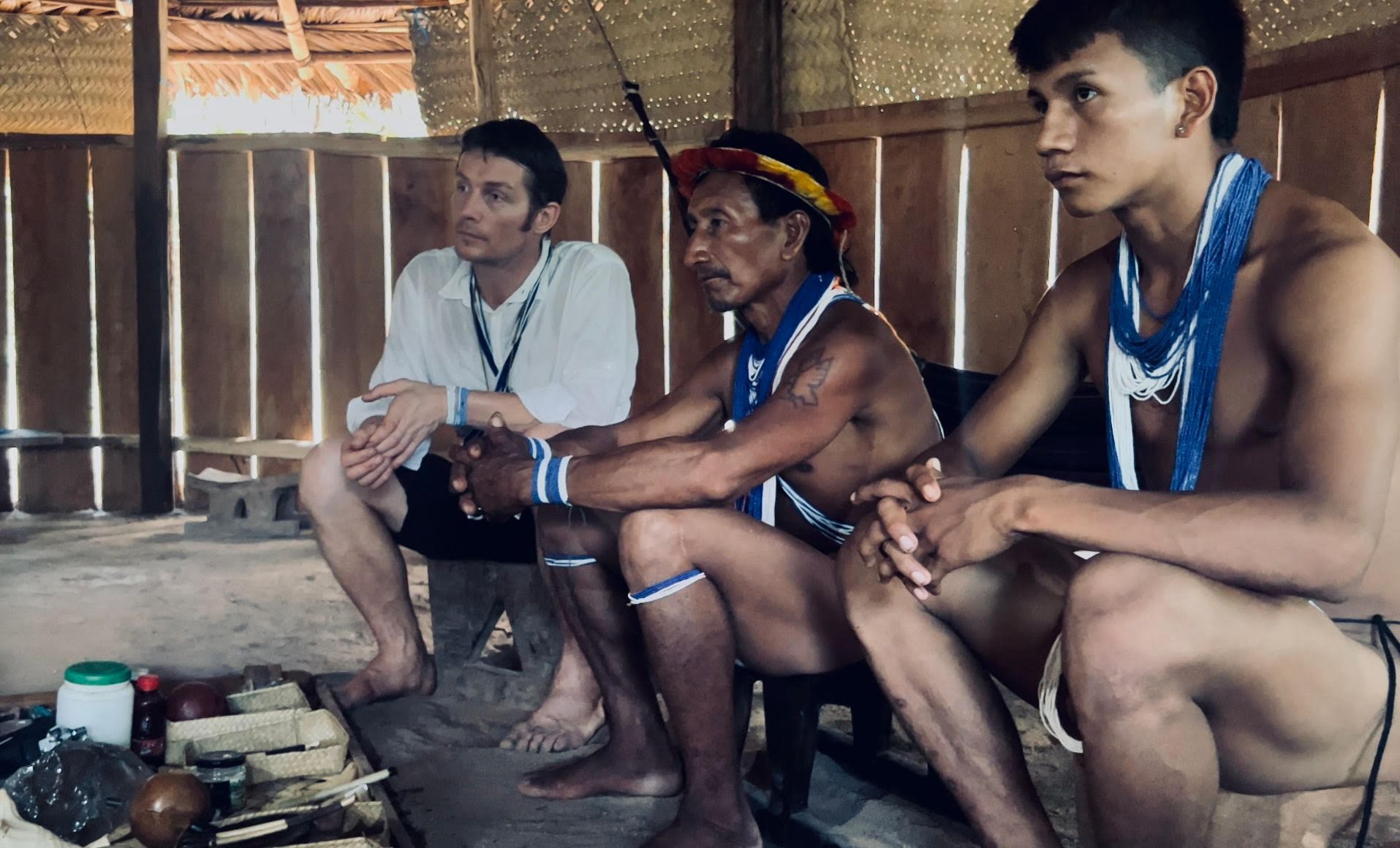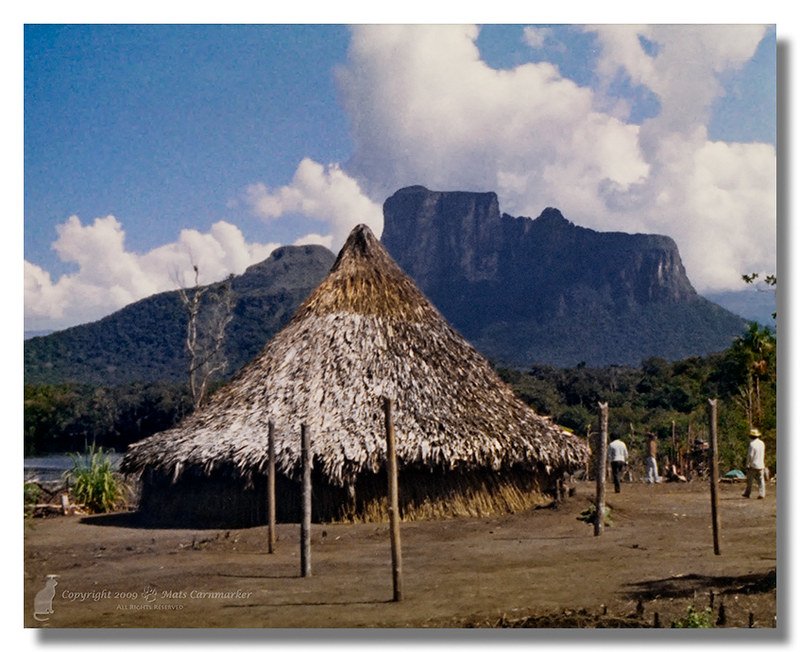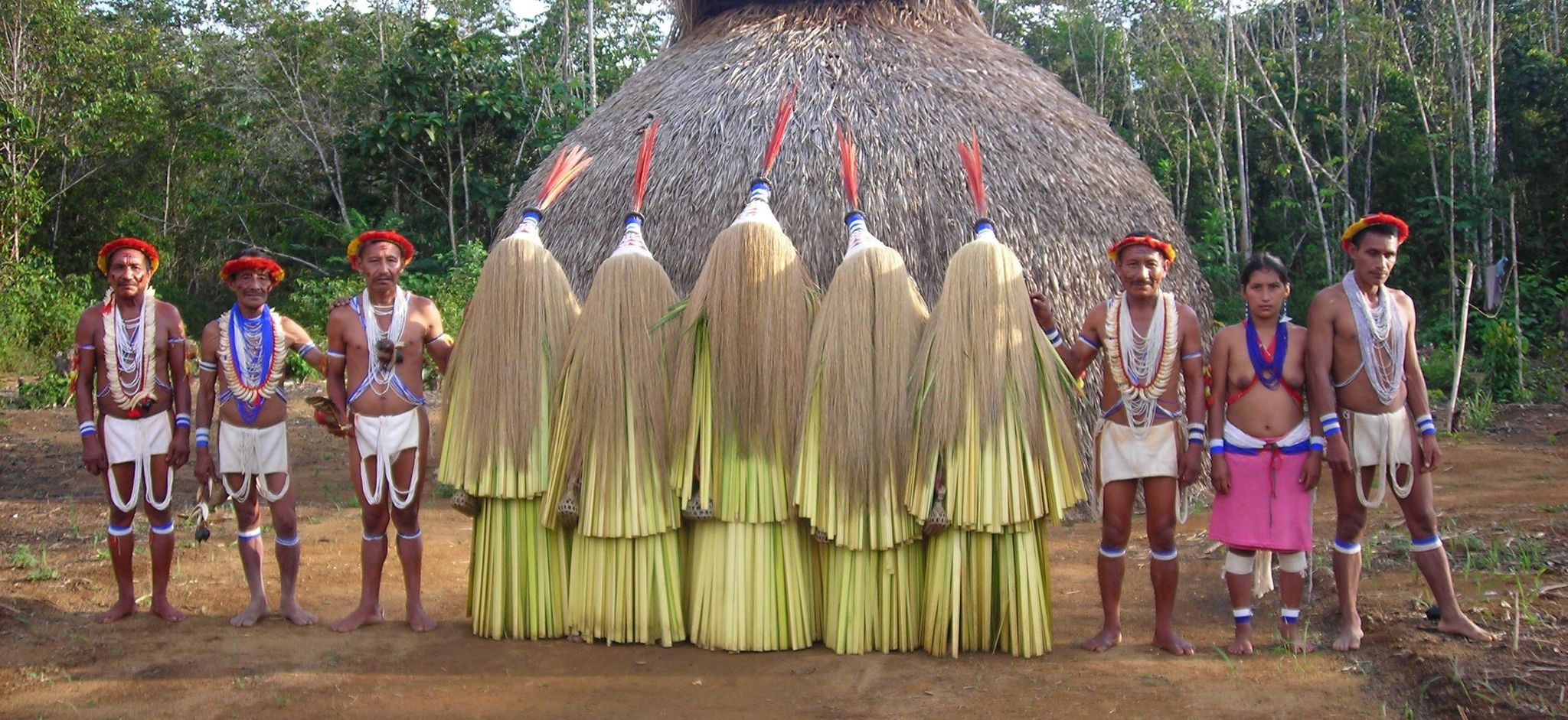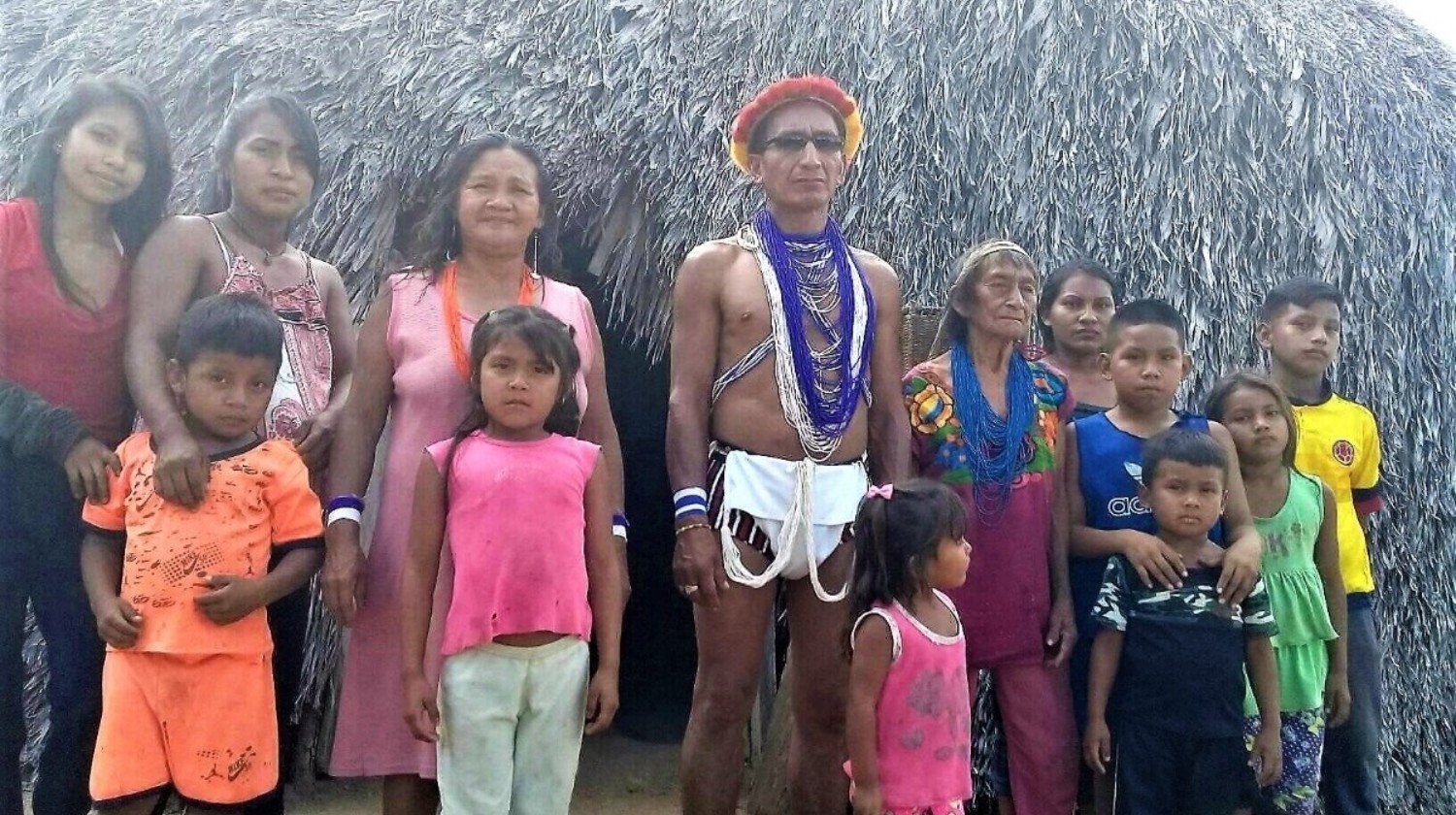Fundraising campaign for Piaroa poeople in the Venezuelan village of Alto Carinagua.
Fundraising campaign for Piaroa poeople in the Venezuelan village of Alto Carinagua.
Nasi użytkownicy założyli 1 289 266 zrzutek i zebrali 1 520 549 544 zł
A ty na co dziś zbierasz?
Opis zrzutki
Dears,
In connection with our March expedition - One River's visit to the indigenous people of the Amazonian community of Piaroa, we are making an urgent request for financial and material support for the purchase of basic everyday tools, school aids for children and 15 families living in the Alto Carinagua region of Venezuela.
This is our third expedition organised to the area, a venture that opens doors so long closed to visitors. Our assistance is intended as a nod to the continuation of cooperation with this culture, based on exchange, mutual learning and assistance. Our help is intended to enable the people there to better find their way in a world that is moving forward and, in particular, in such a challenging economic situation as that prevailing in Venezuela today. For our part, we hope to be able to teach them ancient practices and rituals that enable them to understand and come into closer contact with nature. The Piaroa tribe is known for its deep understanding and practice of natural medicine.

In just a few days we have raised one quarter of the amount, so there is a good chance we will be able to raise the whole amount and maybe more! With your help, of course. Every supportive energy makes a difference, even if it is just sharing information or small amounts.
Today I spoke to friends in Venezuela who are going to host us. They promised to make a detailed list of things needed for the families. The subject of buying a motor for the speedboat was raised, which costs around 3000 USD ( 1200 polish zloty) , which would enable everyone to move freely in the territory.
We are also doing a collection of goods, spring/summer clothes and small everyday items to take with us, so here too you can demonstrate the depth and openness of your wardrobe 🙂 .
If you are therefore in a position to support this endeavour, please do not hesitate to do so.
Please find the link to the drop below:
FILM ABOUT THE INDIGENOUS PIAROA:
https://www.youtube.com/watch?v=BKzIFN6NVSk
LINK TO THE DESCRIPTION OF THE MARCH 2024 EXPEDITION:
Please share this information with your friends, because it is a valuable action, true, unique and useful.
I believe it will be a success!
ADIWA
Darius Slusarczyk
Founder of OneRiver NPO
+487390010913

PIAROA:
Piaroa is a term of unknown origin that became the name of the language and thus the common name of the Huottüja De'aruhua people. The ethnic group officially calls itself "Huottüja", and some, mostly men, are also known as De'aruwa or De'aruhua (masters of the forest). In their language, Uwottüja, Huottöja or Wothuha means "knowledgeable people of the forest", usually written Huǫttųja.
The Piaroa people are a pre-Columbian indigenous ethnic group from South America inhabiting the central Orinoco basin in present-day Colombia and Venezuela, inhabiting an area larger than Belgium, bounded by the rivers Suapure, Parguaza (north), Ventuari (southeast), Manapiare (northeast) and right Orinoco shore (west).
COSMOLOGY:
For the Piaroa people, Autana Hill is the sacred mountain of Wahari-Kuawai. It is the "Kuaimayojo", the trunk of the "sacred fruit tree of the world". Piaroan mythology says that "the top of the tree reached as high as infinity, and its branches were full of fruits that fell and gave life to the Amazon." One day, Wahari (god) and his nephew Ruayei, who had been transformed into a squirrel (Cuniculus paca), cut down a tree to get all the fruits at once. Ruayei gnawed at the base until the tree fell. The branches that fell northwards formed forests, the Cuao Rivers; branches falling westward formed Mount Sipapo, Waichij, and Uripikai. Then the course of the waters was changed and a lake (Autana/Leopoldo) was created on the top of the mountains east of Autana. A payara fish (Hydrolycus scomberoides) was trapped in one of the rivers. Trying to escape, the fish jumped higher and higher, hitting the trunk of Wahari-Kuawai, creating Autana Caves. Eventually the payara flowed through the mountain and formed the Great Cave, which is also called the Payara Inlet, before jumping into the Umaj-Ajé River.

BELIEFS AND RELIGION:
Piaroa's traditional religion includes shamanism and centers around a creator god named Wahari, who is said to have incarnated as a tapir. The most isolated and independent villages living in the heart of the traditional territory on the Upper Cuao, Upper Catañiapo and Upper Parguaza rivers have managed to keep their culture, customs, heritage and their spirituality connected to the land. The resurgence of public interest in Piaroa shamanism and the use of entheogenic plants is providing positive reinforcement of capi and yopo among the De'aruhua community.
Many Piaroa today acknowledge that the influence of church, monarchy, politics and state violations of their human rights that began in the mid-18th century have distorted their indigenous cosmovision as a people. Piaroa continue to identify first and foremost as Huottuja, secondly as Venezuelan or Colombian, and thirdly as Christian or non-Christian with great indifference towards anything other than being Piaroa
The indigenous Piaroa people generally distrust the government, and those who believe in Christianity or mix with other ethnicities do not usually associate with the more traditional Piaroa who benefit from the work of shamans, however, even the Christian Piaroa support ideas, initiatives, projects and programs in solidarity with their people in promoting their original culture, identity and language, including shamanism and mythology.
Over the years, approximately 50% of the Piaroa have converted to Christianity and the influence of the shamans on local communities has waned, leaving the village captain or chief in charge of everyday social affairs as new generations of Piaroa become more educated, modernized and organized.

Ta zrzutka nie ma jeszcze opisu.
Stwórz swój własny link do promocji zrzutki i sprawdzaj ile osób odwiedziło i wsparło tę zrzutkę z twojego polecenia! Dowiedz się więcej.
Stwórz swój własny link do promocji zrzutki i sprawdzaj ile osób odwiedziło i wsparło tę zrzutkę z twojego polecenia! Dowiedz się więcej.





